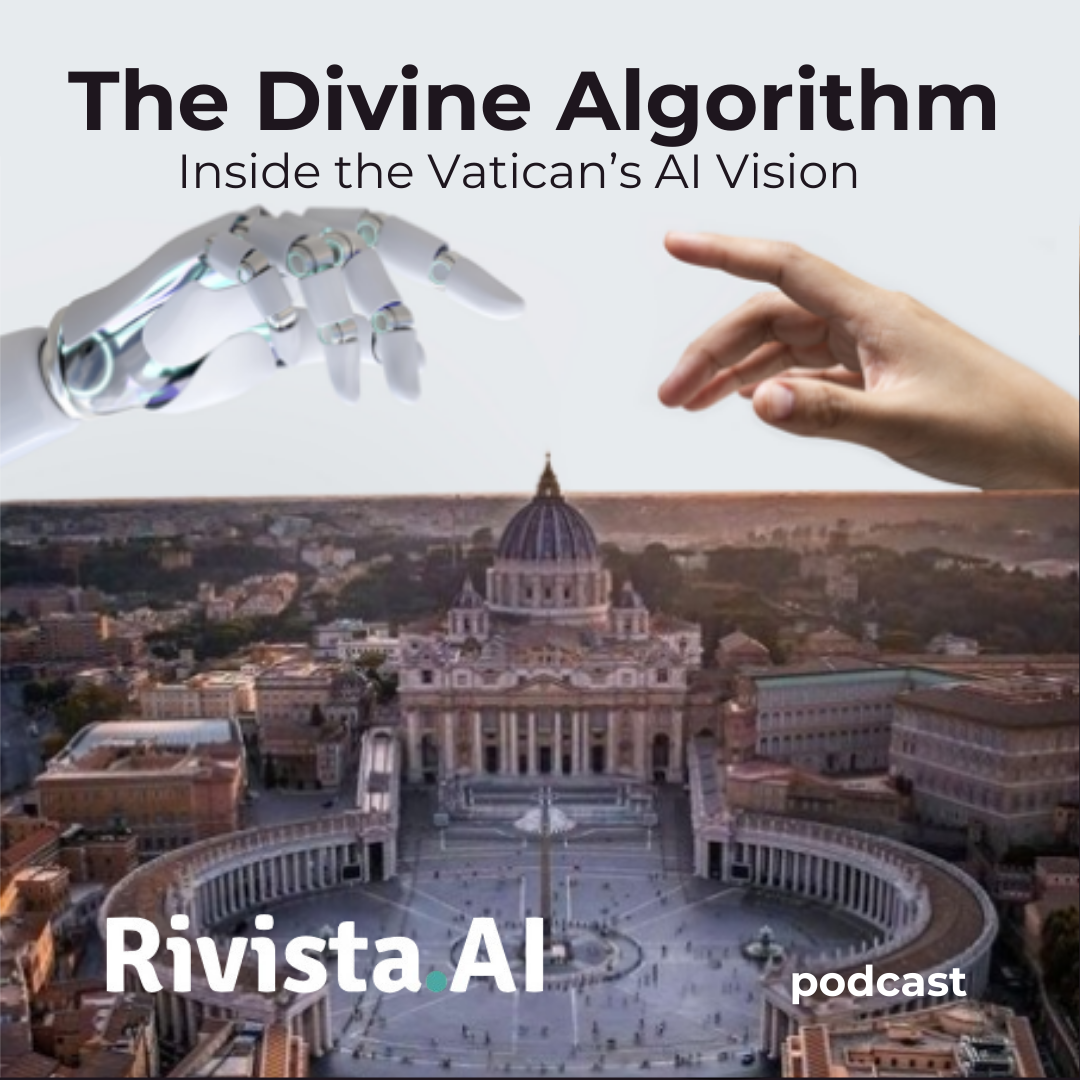Pope Francis has called for a worldwide ban on lethal autonomous weapons, which can target and attack without human input. During his speech he made this appeal during his address to the G7 leaders’ summit in Italy on June 14, 2024.
“In light of the tragedy that is armed conflict, it is urgent to reconsider the development and use of devices like so-called ‘lethal autonomous weapons’ and ultimately ban their use,” the Pope said. “This starts from an effective and concrete commitment to introduce ever greater and proper human control.
“No machine should ever choose to take the life of a human being,”
Pope Francis
The Pope highlighted the ethical and legal issues of such weapons, stressing the need for human control and respect in decision-making. He warned that letting machines make life-or-death decisions would harm humanity’s future and dignity.
The G7 leaders, in their statement, noted the impact of AI on the military and the need for responsible guidelines. They urged countries to ensure military AI use is responsible and follows international law.
Pope Francis has warned that artificial intelligence (AI) could bring both significant benefits and negative consequences.
He referred to AI as a “true cognitive-industrial revolution” that could lead to complex epochal transformations, including democratizing access to knowledge, advancing scientific research, and reducing demanding work. However, he also highlighted the potential dangers of AI, such as:
- Injustice: AI could exacerbate existing social and economic inequalities between advanced and developing nations, as well as between dominant and oppressed social classes.
- Algorithmic bias: The algorithms used by AI are neither objective nor neutral, as they can only examine realities formalized in numerical terms and are shaped by the worldview of those who developed them.
- Limited worldview: AI might limit our understanding to realities expressible in numbers, excluding other forms of truth and imposing uniform anthropological, socio-economic, and cultural models.
Technology is not infallible, “It is a frequent and serious mistake to forget that artificial intelligence is not another human being and that it cannot propose general principles,”
“This error stems either from the profound need of human beings to find a stable form of companionship, or from a subconscious assumption—namely the assumption that observations obtained by means of a calculating mechanism are endowed with the qualities of unquestionable certainty and unquestionable universality.”
Pope Francis
The Pope has addressed the “techno human condition” and humanity’s relationship with technology throughout history in various speeches and messages. Here are some key points:
“Human beings have always maintained a relationship with the environment mediated by the tools they gradually produced,” he said. “It is not possible to separate the history of men and women and of civilization from the history of these tools.”
Pope Francis
The Pope, emphasized that technology can be used both to sustain life and to take it. He also mentioned that in the future, artificial intelligence (AI) will reach the singularity, which refers to a point where computers and AI advance beyond human control :
“This is all the more true because it is highly likely that, in the not-too-distant future, artificial intelligence programs will be able to communicate directly with each other to improve their performance,”
Pope Francis
The singularity refers to a time when computers and artificial intelligence advanced beyond human control.
Pope Francis has expressed concerns about the potential risks associated with the development of artificial intelligence (AI) and has called for a global ban on the use of AI in war.
He emphasizes the need for international regulations to ensure that AI is developed and employed ethically, highlighting the importance of human control and moral values in its development.
“And if, in the past, men and women who fashioned simple tools saw their lives shaped by them —the knife enabled them to survive the cold but also to develop the art of warfare—now that human beings have fashioned complex tools they will see their lives shaped by them all the more,”
Pope Francis
Pope Francis expressed both concerns and potential benefits of generative AI during his address at the G7 summit.
While he highlighted the risks associated with AI, he also acknowledged its potential to democratize access to knowledge, advance scientific research, and make machines perform demanding human tasks.
“Sacred Scripture attests that God bestowed his Spirit upon human beings so that they might have ‘skill and understanding and knowledge in every craft,”
“Science and technology are therefore brilliant products of the creative potential of human beings. Indeed, artificial intelligence arises precisely from the use of this God-given creative potential.”
Pope Francis
To mitigate these risks, Pope Francis emphasized the need for the development of an “algor-ethics,” a set of global and pluralistic principles that can find support from cultures, religions, international organizations, and major corporations.
He also stressed the importance of human decision-making and the need to ensure that important decisions are always left to the human person.
Pope Francis’ call reflects his ongoing concerns about the arms industry and technology in warfare. He has frequently criticized the arms industry and those profiting from war, advocating for more human oversight of AI development and use.

Lascia un commento
Devi essere connesso per inviare un commento.